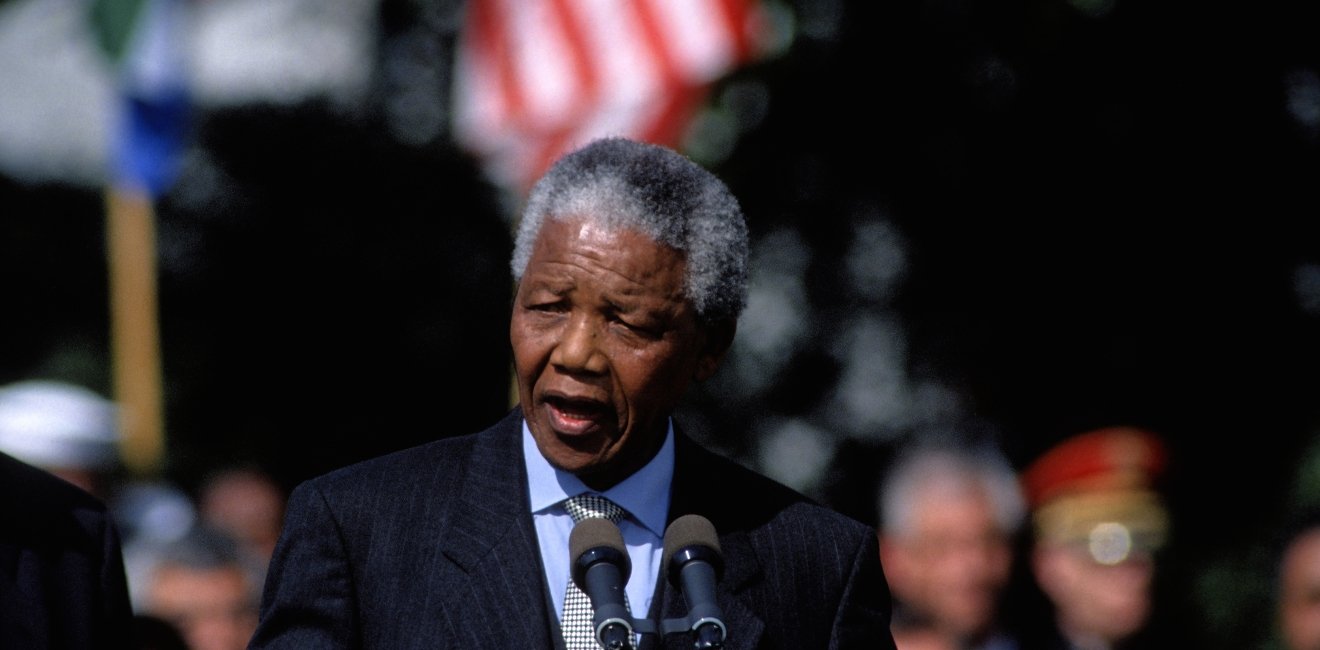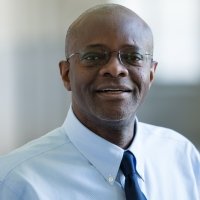On this twenty-seventh anniversary of Nelson Mandela’s historic election to become South Africa’s first multiracial president, it is important to reflect not only on his towering legacy for South Africa, but also important to recover the critical context in which Mandela actually emerged as South Africa’s first president after the collapse of apartheid in 1990. This emphasis on the context in which Mandela rallied a troubled nation might help to give a younger generation of South Africans enhanced perspective to better locate their own struggle in the historical framework and parameters of those perilous years of transition toward multiracial democracy in South Africa, all about three decades ago. Throughout, his intimate connection to the struggle for freedom and justice in South Africa, spanning seven decades, Mandela fully absorbed and embodied the crucial years that led to his election as the first multiracial president of South Africa. With reference to the historic 1994 South African national elections and Mandela’s decisive role in it, at least four critical contextual issues stand out as I reflect on the monumental place of Mandela in South Africa’s transition from apartheid to a multiracial democracy.
First, conceived in the wake of the uncertainties of a post-Cold War world, Mandela’s moral resolve provided the blueprint to supplant a morally bankrupt white-minority government following his February 11, 1990 release from Robben Island. In this democratic transition, fraught with acrimony, Mandela’s inspirational leadership, moral authority, and political acumen provided the platform for meaningful and spirited negotiations among sworn enemies. When Mandela was elected president by the South African National Assembly after the African National Congress’s (ANC) decisive victory on May 10, 1994, Mandela worked with the leader of the National Party, Frederik de Klerk—erstwhile apartheid regime leader—to forge a viable pathway forward.
Second, following on the heels of deep divisions wrought by the apartheid state, especially in the runoff to the democratic transition in the early 1990s, Black South Africa was embroiled in brutal communal violence in which Gatsha Buthelezi’s Inkatha Freedom Party, representing KwaZulu Natal, posed itself firmly against the ANC’s nationalist objectives. With violence consuming numerous Black communities, especially Natal, many political analysts envisioned a post-apartheid South Africa embroiled in anarchy and chaos. That this did not occur was due largely to the moral leadership of Mandela. It was Nelson Mandela’s conciliatory tone, moral suasion, calm nobility, and deft negotiating skills that calmed the troubled waters and pacified militant KwaZulu ethno-nationalists and ANC radicals. In negotiations that preceded the 1994 national elections, Mandela encouraged the ANC to include archrival, Inkatha Freedom Party, in a coalition government that lasted a decade. This compromise was a masterstroke: it provided the essential stability on which a government of national unity was constructed.
Third, with over two centuries of state-sanctioned racism, much of it in living and bitter memory, many in South Africa and around the world, bristled at the idea of a peaceful transition from apartheid to a multiracial democratic government. Again, Mandela, despite his own deep wounds acquired from white supremacist violence, rose above the moment, holding out a firm olive branch with moral conviction to the white political class. This act of courage, fortitude, and forbearance, in my view, established the pathway to the 1994 South African national election.
Finally, with the world’s collective eyes on South Africa after his election in 1994, Mandela did not disappoint as the first president of the new South Africa. As president, Mandela was not only the beacon of hope for a beleaguered nation, he gallantly took up the mantle as Africa’s moral voice at a time when African countries were devastated by the scourge of statism, neo-patrimonialism, neo-liberalism, and HIV/AIDS.
Mandela’s accomplishments as president are truly remarkable: he was an incorruptible leader who championed a government of national unity, and one that embraced all South Africans irrespective of their social standing. He envisioned a progressive and pragmatic framework to restructure the South African state system, and he introduced the Truth and Reconciliation Commission to account for the horrors of apartheid and to explore the noble idea of restorative justice. This commission, whatever its limitations, has set the tone for dialogue on accountability, justice, and reconciliation on state-sanctioned human rights abuse around the world. As we look back upon those perilous years from 1990 to 1994, South Africans—and African peoples everywhere—should strive to embrace Mandela’s life’s work, especially in today’s transformative moment in world history. As the architect of Africa’s greatest democratic transition, Madiba—Father of the South African Nation—has set the highest standard and task for us all.
Olufemi Vaughan is a Global Fellow with the Wilson Center Africa Program and the Alfred Sargent Lee & Mary Ames Lee Professor of African Studies at Amherst College.






